InterviewsThe Call of The Sea
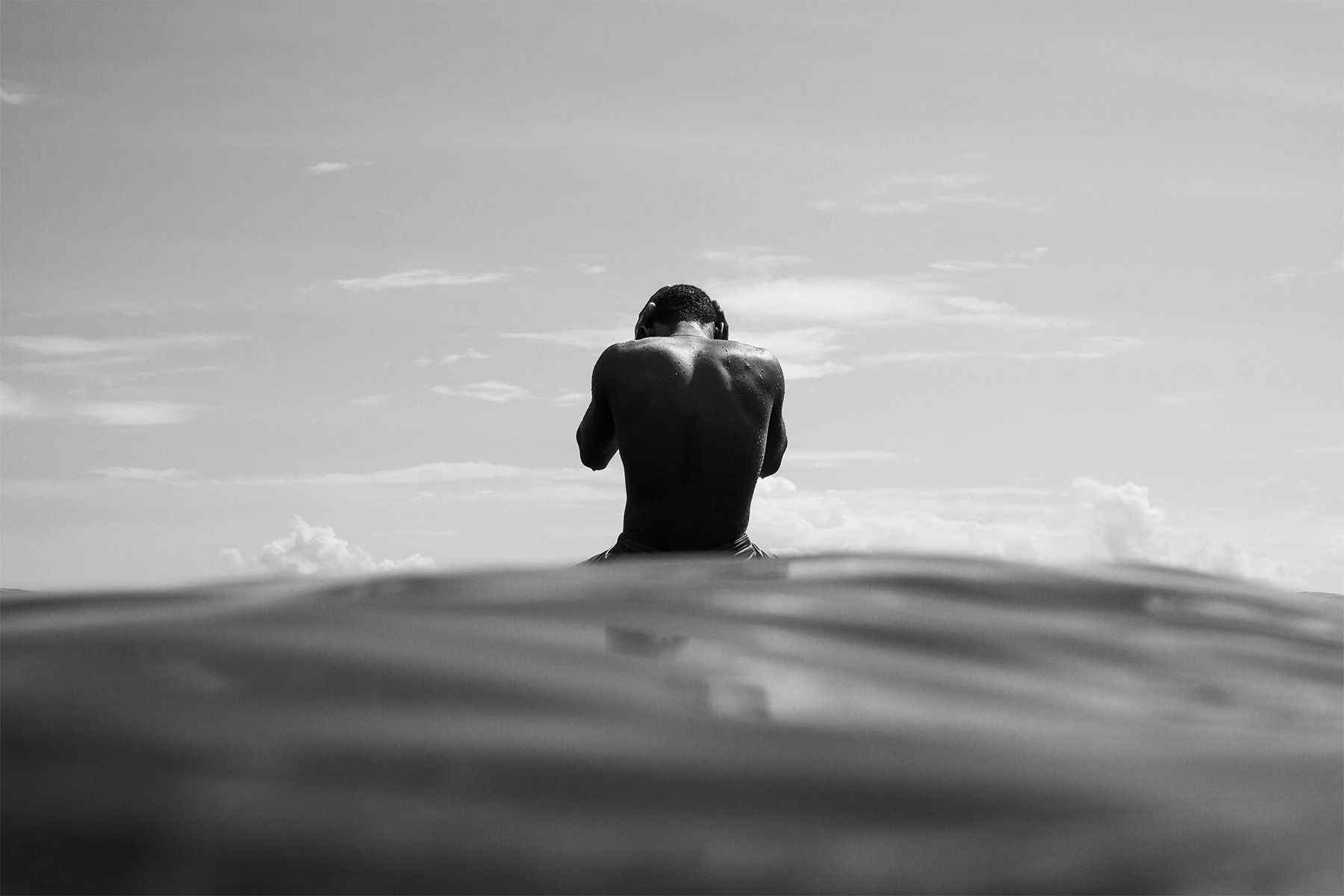
The Relationship Between Sounds and Surfing
Much is said about the sense of connection with the natural world that can be felt during the act of riding a wave or merely being out at sea. Yet, whilst most of us surfers take it for granted or are quick to render it an “ineffable experience’, some are willing to dive a bit deeper, question beyond that which they can see, and cross-reference it with other areas of our lives as human beings. And, it kind of makes sense not to be complacent; after all, it is curiosity and the urge to understand and connect that has caused us to evolve as a species – and which compelled the first surfer to catch a wave in the first place.
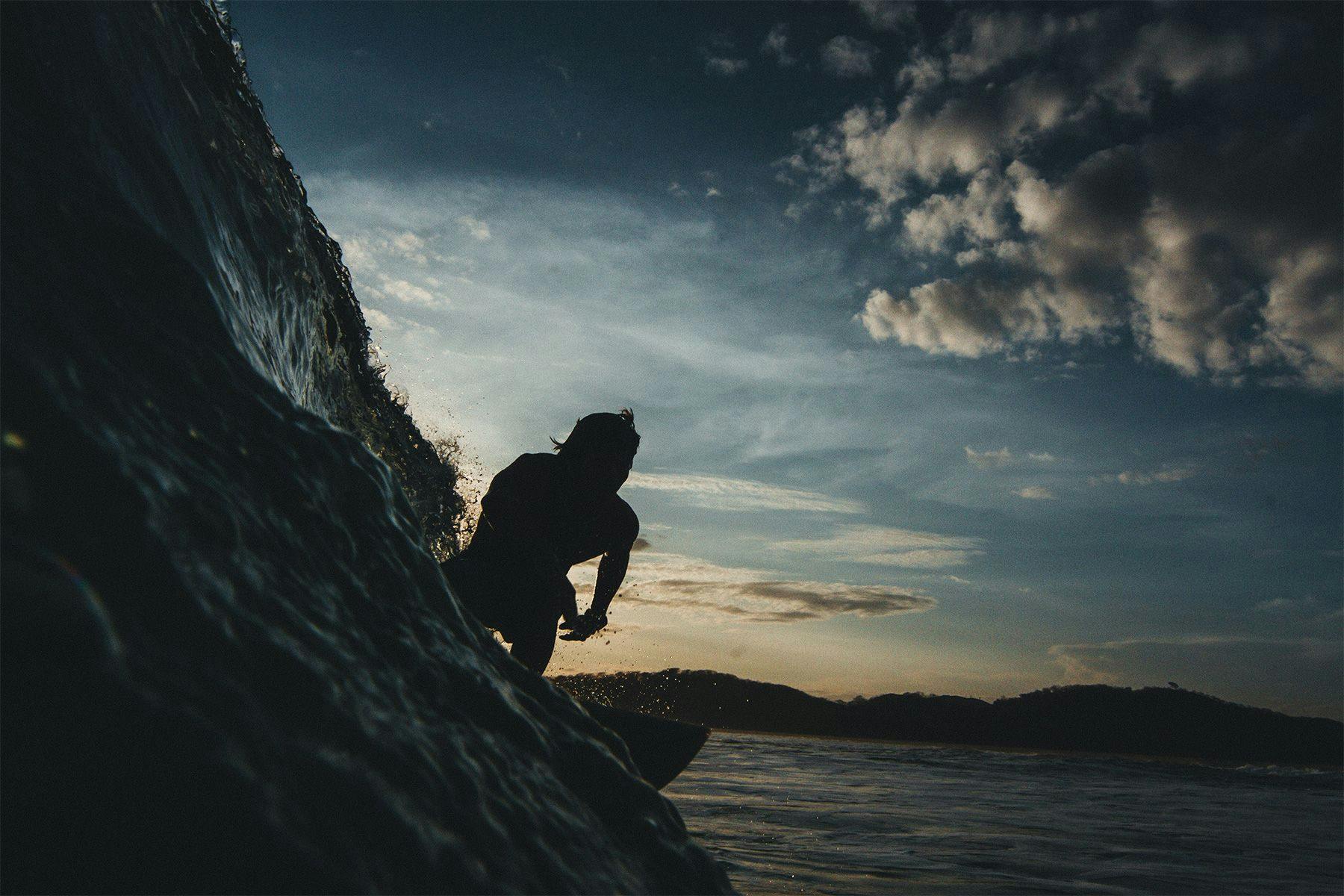
Jon Anderson, a Professor in Human Geography at Cardiff University, is someone who has taken this allure to seascapes and asked “what else is there?” He has recently co-authored a chapter in the monograph book Sounding Places – a collection of research-based texts that highlight the underlying meanings and effects of sound in shaping our relationships with places and our experiences therein. In The call of the sea: how sound co-composes the place of the surfed wave, Professor Anderson and PhD student Lyndsey Stoodley, explore “the sound/music of the littoral zone, in particular the surfed wave” and investigate “the role of the aural seascape in connecting and converging the human body with the technologies, currents, wind systems, mythologies and sensations which combine to form the practice of surfing.”
Surf Simply reached out to Jon to find out more about his work in surf geographies and his participation in the book.
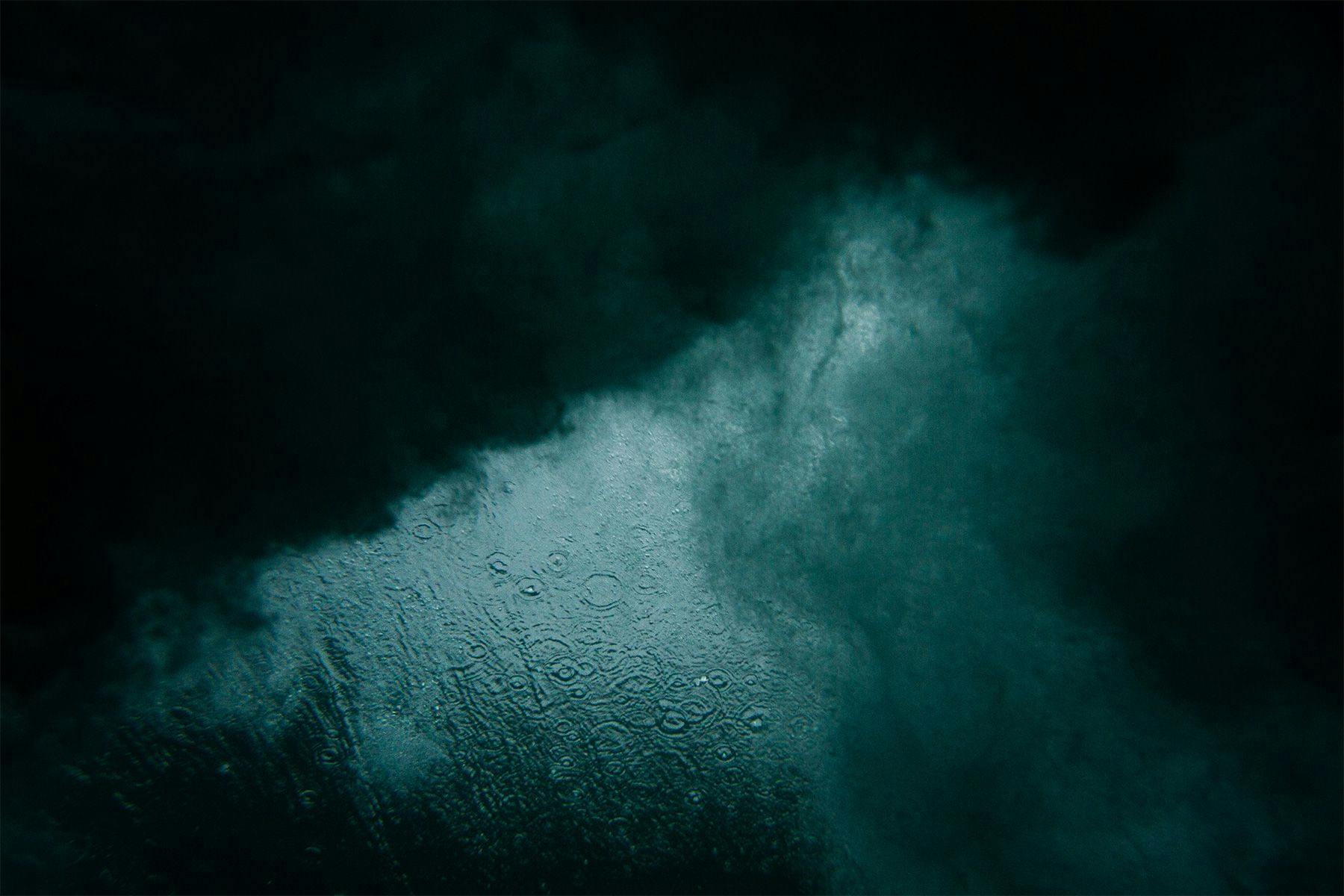
How did your relationship with surfing begin and how did it become a subject matter in your work as a geographer?
Well, as a human geographer my starting point is that I’m fascinated by the relations between people and places. Human geography argues that we are not just social beings, influenced and defined by the relations we have to family and friends, but that we are spatial beings too – the places that we live in come to define us as well. I guess my relationship with the sea – from being driven hours to the seaside as a kid, and feeling simply more alive there, with the waves, winds and open horizon – in some way came to form my own sense of what is important to me, where I wanted to live, and who I am.
As a geographer, I wanted to study these relations in more depth; I started following my interest in environmental activism and more radical forms of protest, and why people were moved to campaign on behalf of the places they cared for. I moved to the university town of Aberystwyth, in Cardigan Bay, UK. Aber and the surrounding countryside is the most beautiful place, whilst also catching the Atlantic swells. I could look out from my office window and could see when the waves were breaking, and myself and a few friends would skip work to go to the sea. From there, it made total sense to not only begin surfing, but also try to read, write, and put into words the pull that the sea had over me.
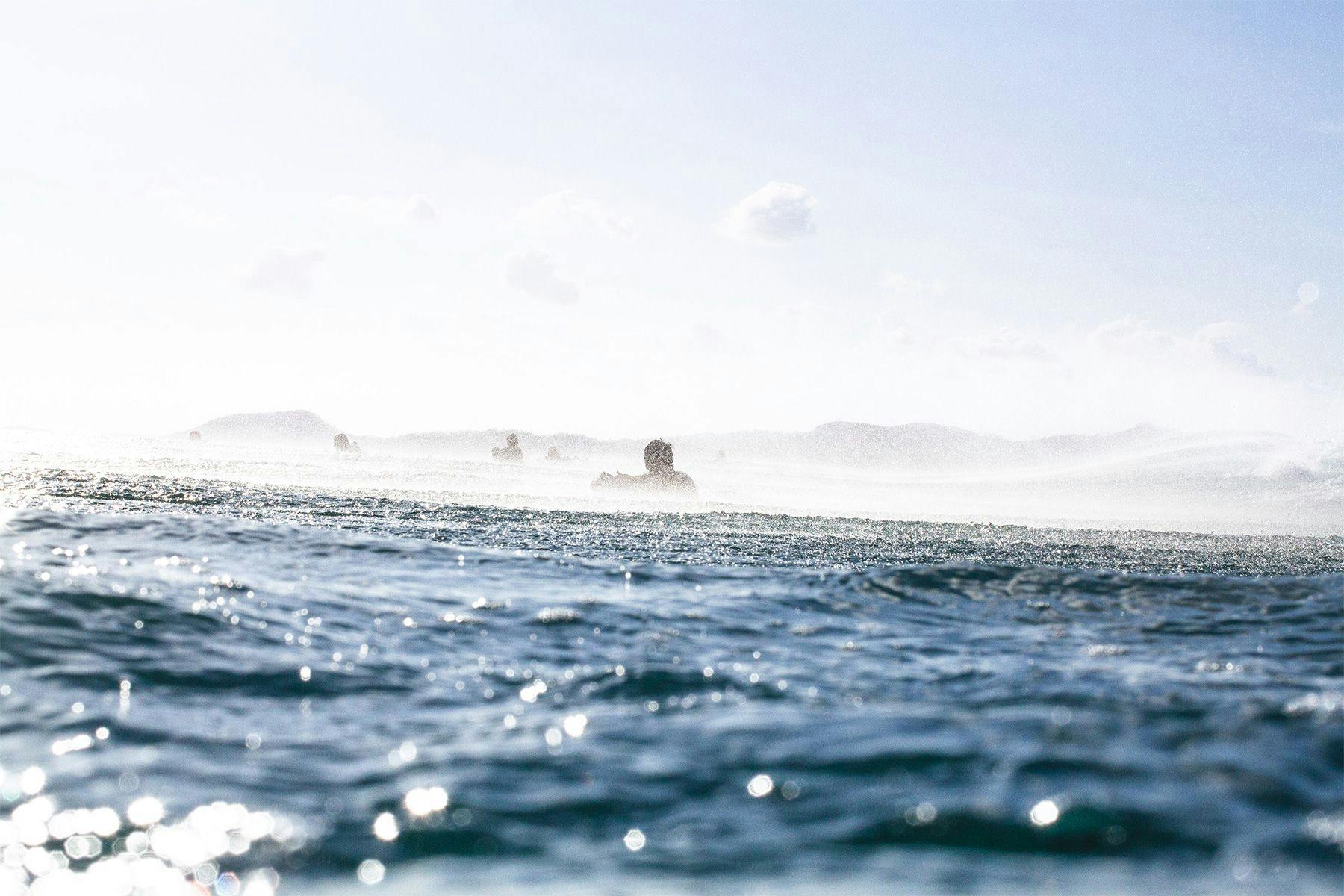
And how did all this converge with the Sounding Places project?
I had been writing for a while about how human geography should pay more attention to watery spaces and how they come to influence our sense of well-being, politics, and practices. As part of this, I realised that so much of how we often consider water worlds (by academics at least), is through our eyes – what they look like, the light, the colour, which is perhaps best summed up by the spectacular images of breaking waves captured in magazines. I also realised that when I remembered my favourite experiences on the sea, I never really remembered them quite like those still, spectacular magazine shots – don’t get me wrong, I love looking at them, but they weren’t quite the experience itself. Something was missing – most obviously it was the movement and the feel of being connected to and with the energy of the sea, and as part of that I realised what also was missing was the sound.
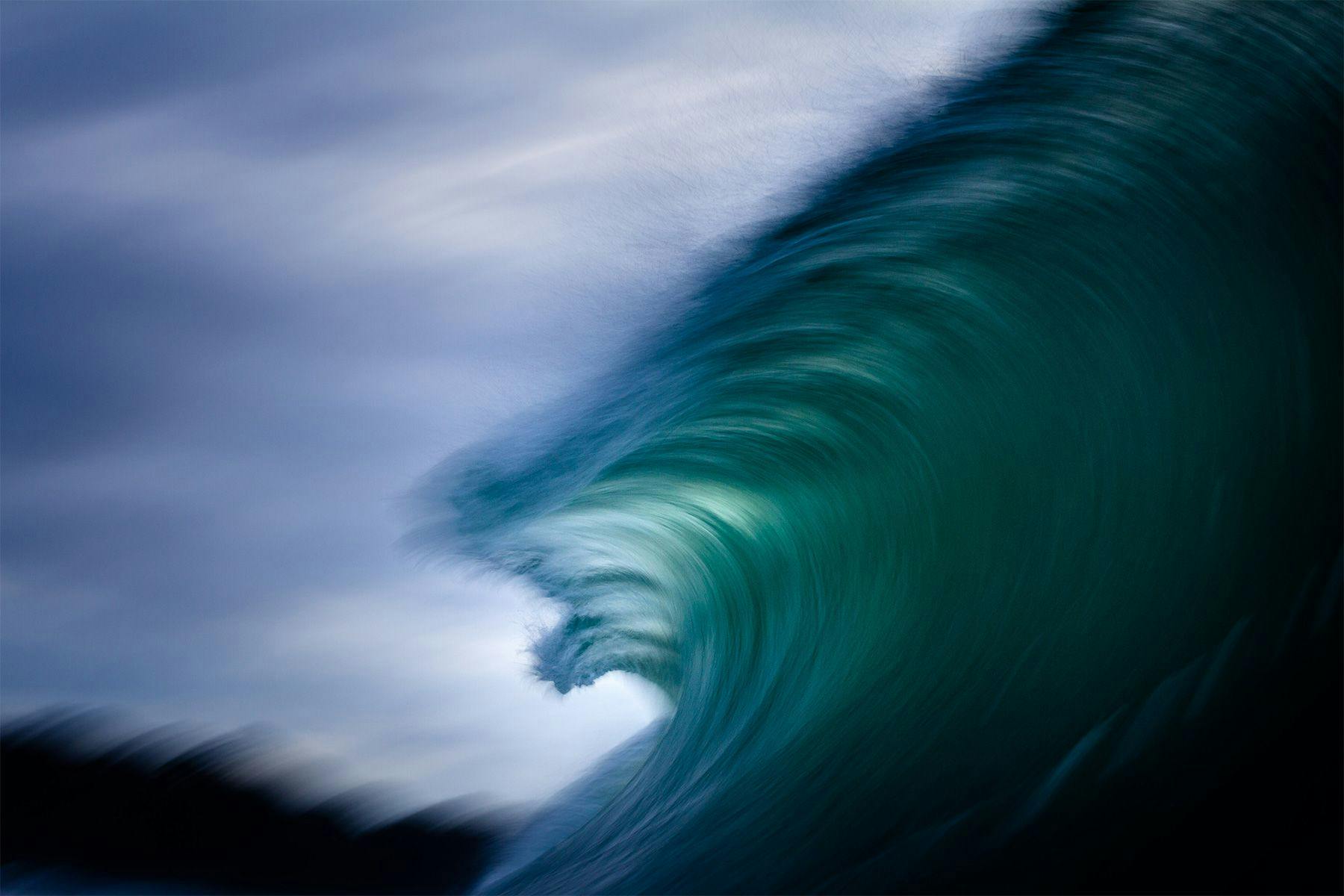
As a surfer, had you always been aware of the role/importance of sound?
On reflection, yes. From my family visits to the sea as a kid, it was the wind past my ears, the shlomph of the sea on the shingle, these were an indelible part of the experience. In Wales, whether on a board or paddling a kayak I became keenly aware of the splash of board on water, the slicing sounds of the paddle, the change of sound as you duck dive or the rhythms of paddling, the rise – as you move through a breaking wave out to sea – the silence as you cut through the wave and out into the air, and resounding slap as you land back on the smooth water between sets. And that’s before you even position yourself to ride anything…
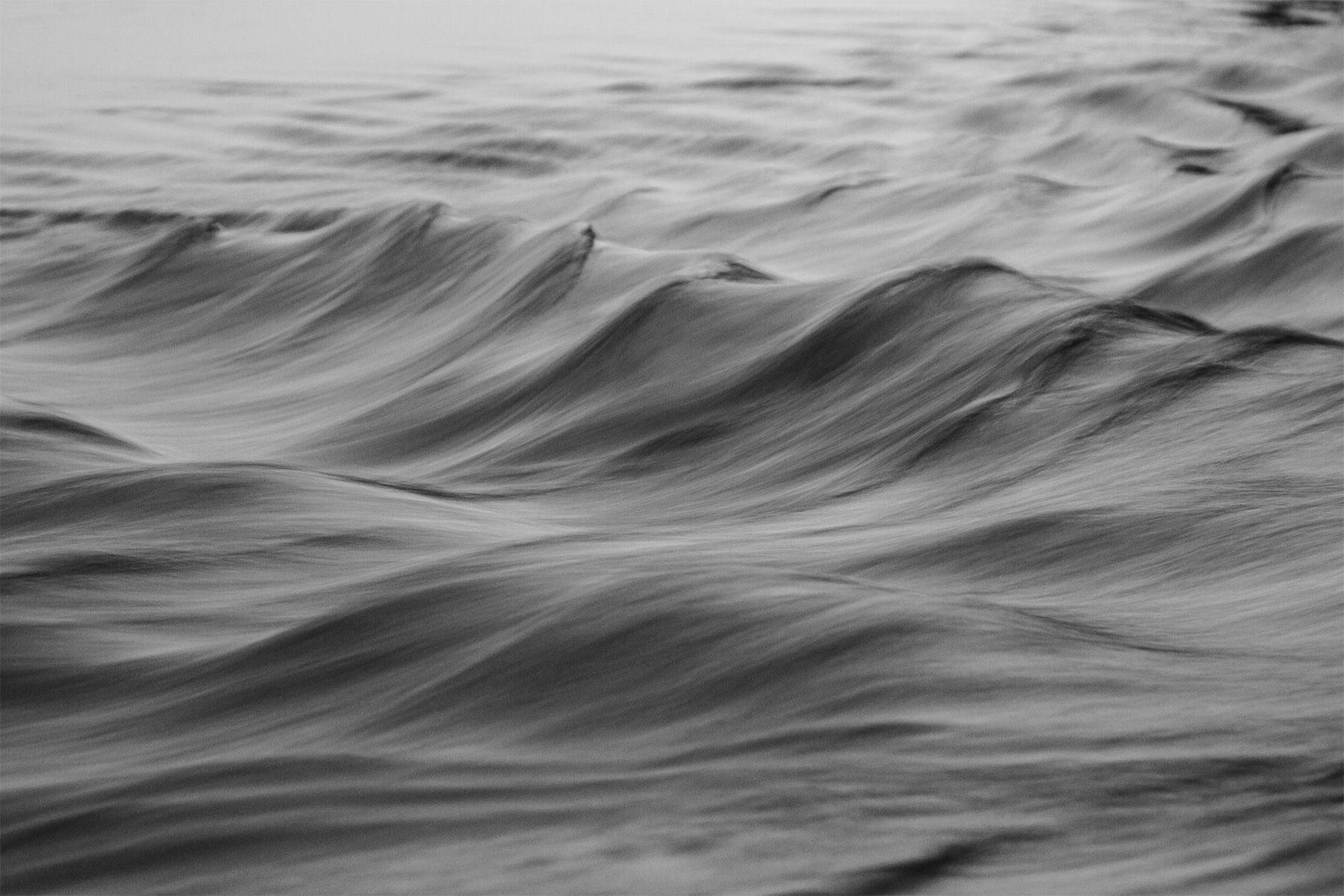
The chapter opens up with a section on the principle of ‘hydro-logics’ and how this shift of perspective can impact our engagement with the sea, which I found very interesting.
Human geography has always had a tendency to concentrate on terrestrial places, and people’s cultural connections to them. As a result, thinking about geography has tended to consider places as fixed, durable, because land itself is mostly like this. But when we consider the sea, we have to accept that it’s not like this: it changes – with the tides, the weather, its never the same, even moment to moment. You’re so aware of that as a surfer, and so the logic of considering the nature of place has to be wholly different too. This is what the idea of hydro-logics is trying to get at, we need to start from the position that places are changing, dynamic, ephemeral, epitomised perhaps by breaking waves themselves. The place of the wave is just an idea, or an anticipation, and if we’re lucky, we position ourselves to experience and move with it as it comes into being – and then it’s gone.
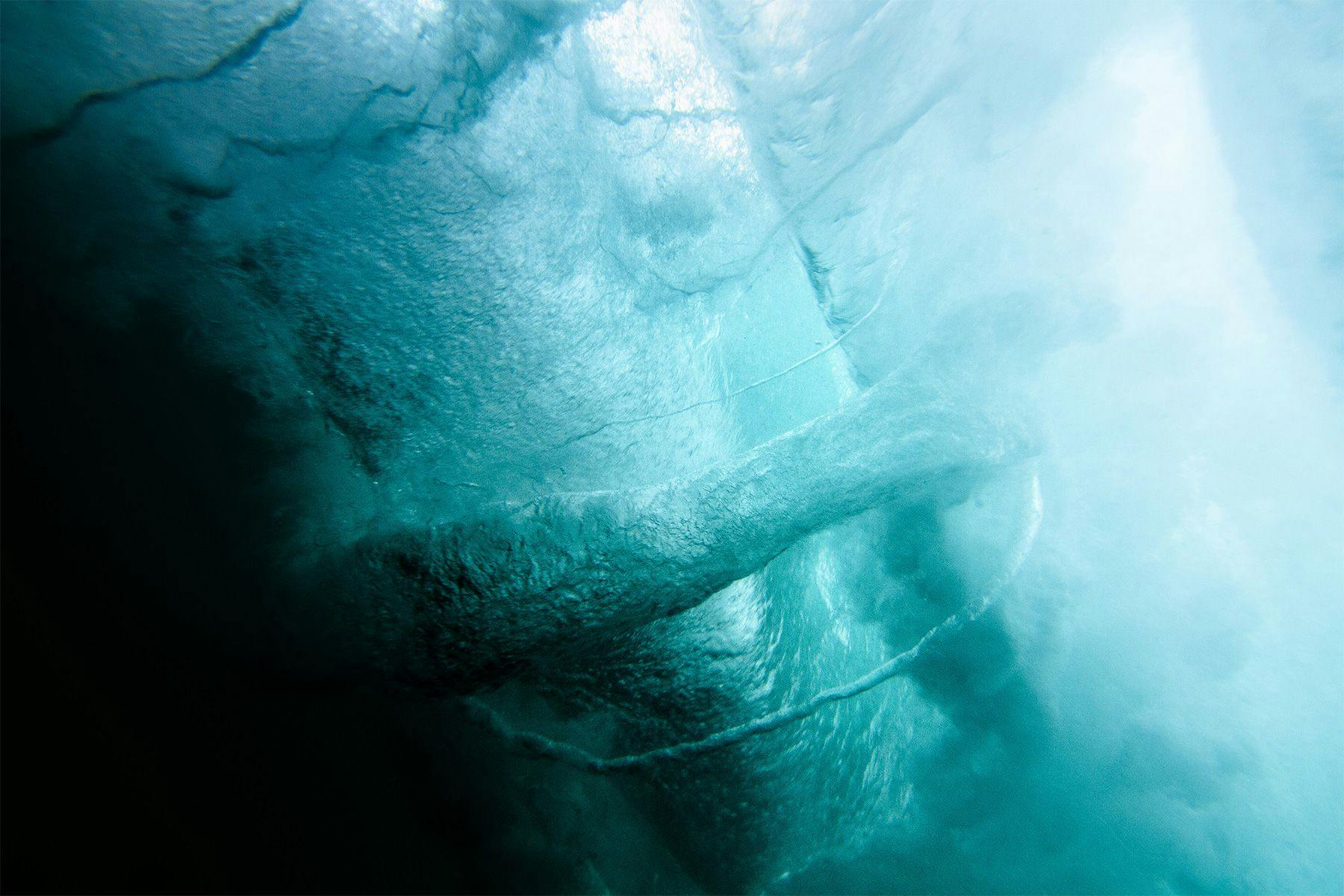
There is a quote from a 2014 study by Gallagher and Prior in the chapter that says “sound [is] involved in the construction and mediation of urban, rural, public and private environments, the production of identity and difference, and the exercise of power through space.” I’m particularly interested to hear your take on the influence(s) of [surf] sound(s) in the production of a “surfing identity”.
For me, when we are in our ‘normal’ lives, distracted by the necessities of work, kids, commitments, we often tune out the sounds of the everyday because they are familiar, and other aspects of our life command our attention. When I go to the sea, I think one of the key things I notice is the absence of these sounds, and then, slowly, I tune in the sounds of the coastal place I am in, on the water, or on the shore. It’s only then I kind of let the sound back in really, and start paying attention to the sound-part-of-the-world again. So I guess this is another aspect of the surfing identity as it’s another aspect of escape from the everyday, of a sense of freedom from our commitments, and a return to a time and place where we can be a bit more relaxed.
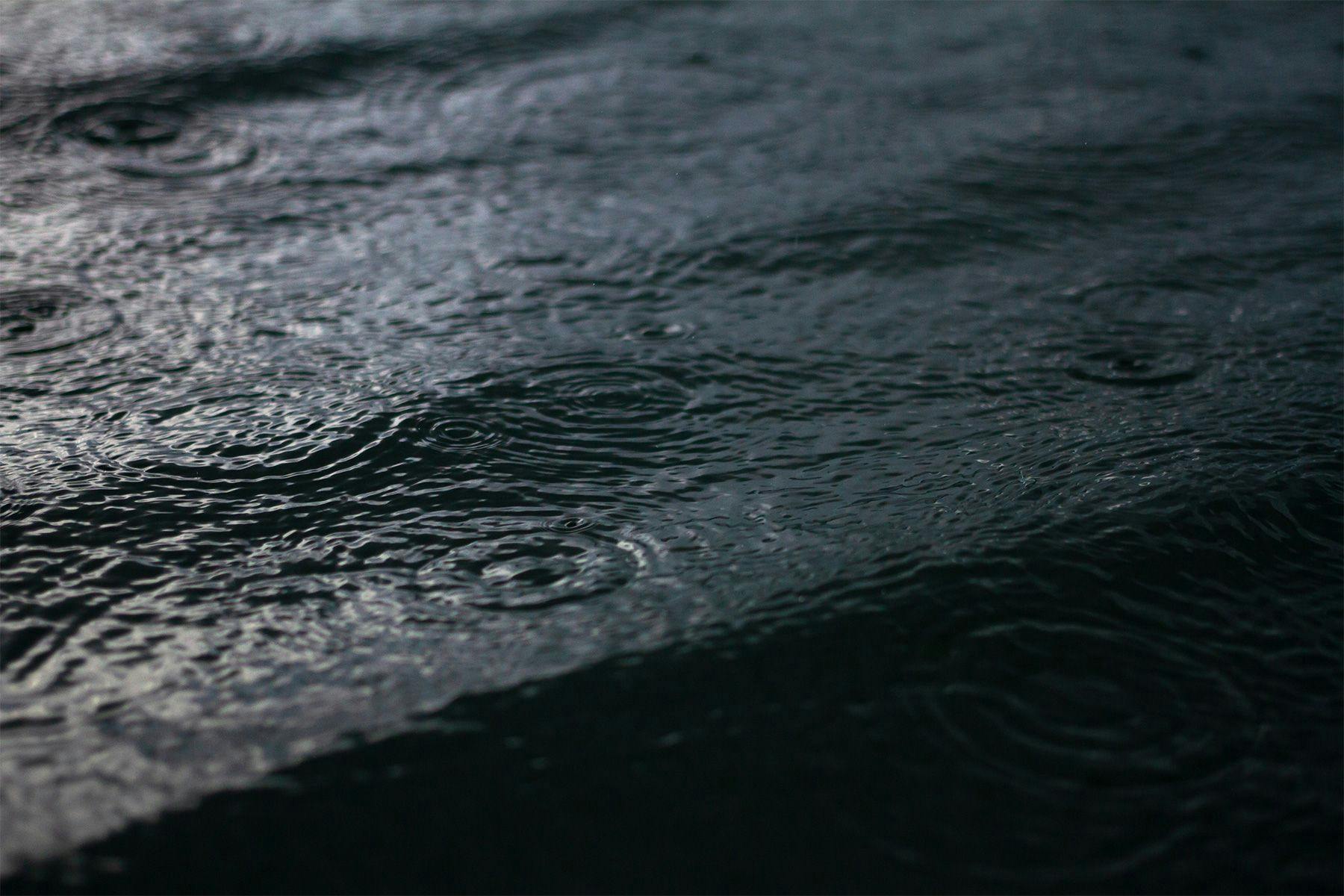
As I was reading the chapter, an ambulance drove by on the streets below; I quickly became aware of the rhythm and tone in which it sounded and how that particular sound has helped shape a singular memory of the place where I am – a memory not as graphic as visual encounters but definitely stronger and more visceral. That made me think of my strongest surf memory: to my surprise, it wasn’t any surf trip or session or barrel that first came to mind, but hearing the roar of the sea from my childhood bedroom during/after a big storm had hit the coast. I was wondering if you could comment on the links between sound and (geographical) memory, if possible from a surf-related perspective.
I think you have summed it up quite well, sound has an uncanny knack of conjuring up and calling back particular memories, be it of the sea or in other aspects of our life. It’s easy to imagine when we consider music that has played an important role at different times in our life, if we hear those tracks again on the radio then we are taken back to those times often in an instant, whether we like it or not. It can be the same with surf ‘music’, the sounds of the sea, how the wind, land, and waves come together – literally – at different times to create different sounds. I really like the idea that it’s relatively easy for us to remember the sounds of ‘the sea’ in general, but I would like to explore further the capacity we might have to remember the sounds of particular waves, for example, at our favourite spots. Although they all sound similar to an extent, I’d love to be able to listen to a recorded track and go, ‘yes, that’s place X, that’s actually that wave, I remember that day…’.
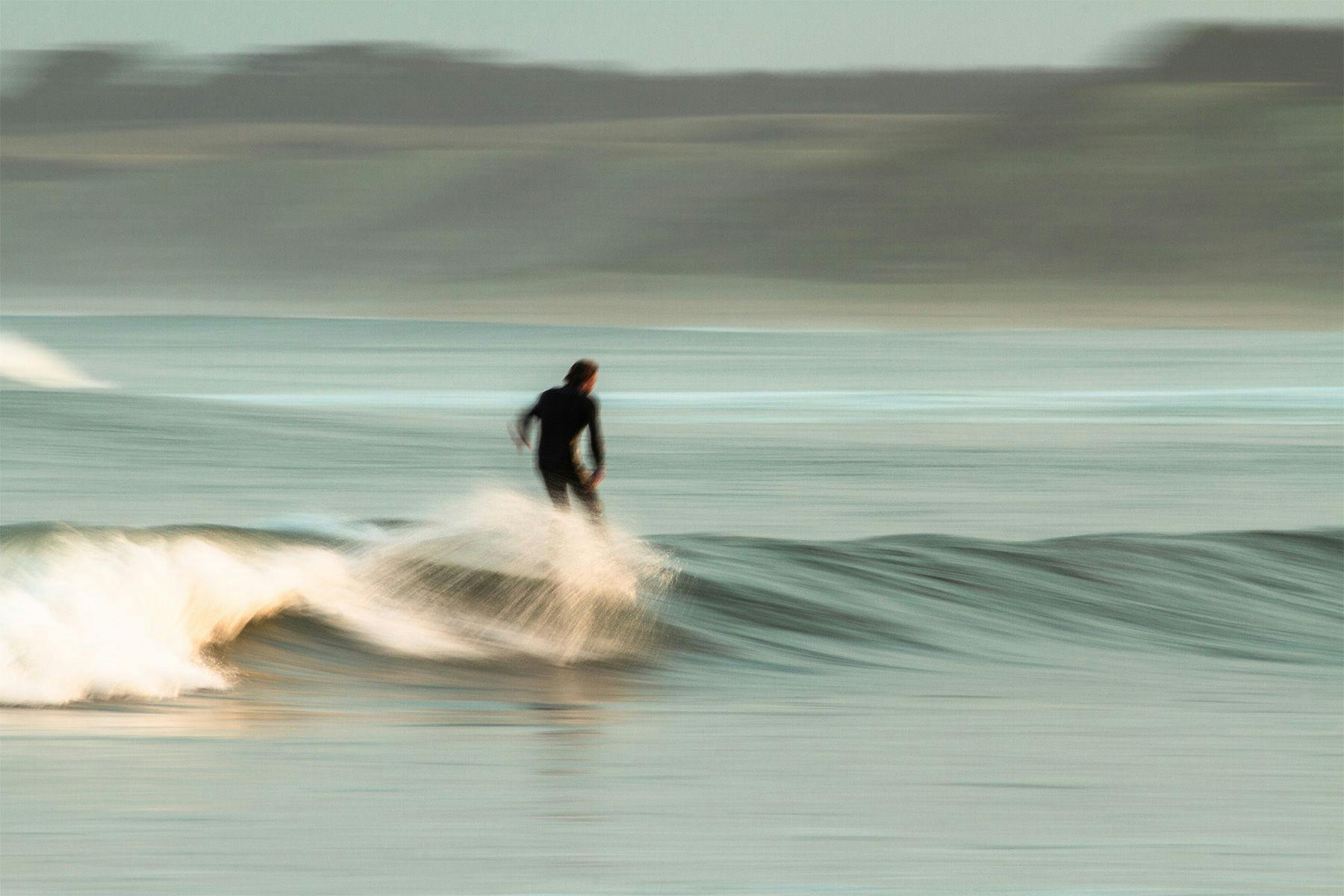
Speaking about sound properties such as rhythm, you wrote that “if one can register the rhythm of a surf space, one can catch a wave.” What practical roles does sound play in the act of wave-riding?
Well, as I mentioned earlier, when we go the sea we often re-attune our senses to the sounds in these places. As we do so, I think we more actively listen (or may simply become newly aware of how we listen) to the waves around us, how the broad rhythms of the swell move around and through us, and also the sound of our own breathing through exertion and rest. As we do so, I think that listening to this combination of sounds tunes us in to how and when we should begin paddling, set ourselves, and engage with the cresting wave. I think it’s also important to note that, for me at least, sound is really central when I fall from a board or have to roll in my kayak. In UK waters visibility is poor, so I become keenly aware of my other senses, of vague differences in light and shadow, the feel of the energy of the sea, where my craft is in relation to me, and the muted but still often thunderous cacophonies of the water which bellow around me, scaring and comforting me at the same time. After I emerge, the change in these sounds seem to somehow conclude the symphonic that has played out during that particular wave experience.
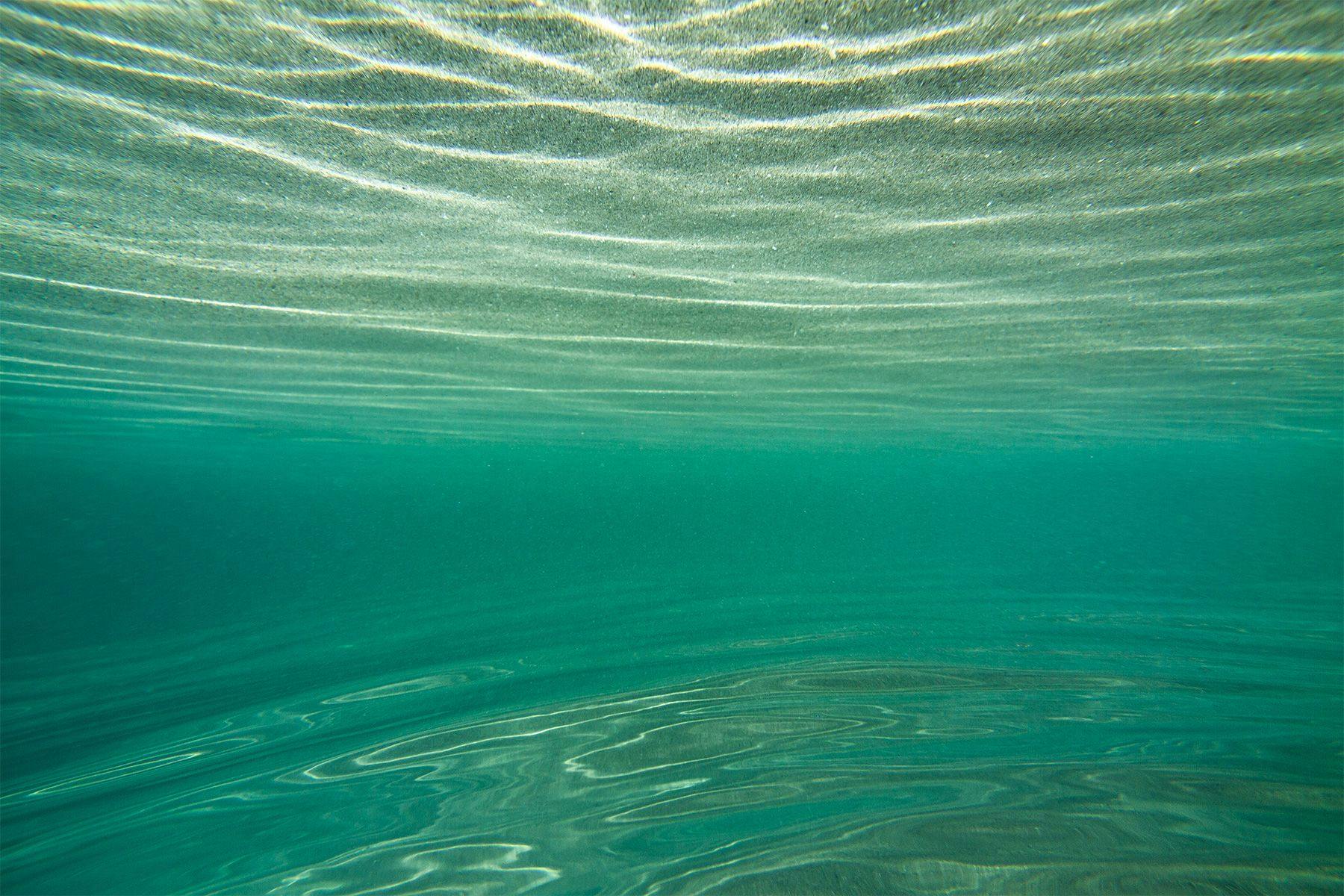
Another interesting topic in the chapter is the divergence between seeing and listening; how the first detaches one from the experience while the latter drags one into it – what Handel called centrifugal and centripetal, respectively. With that, why would you say paying attention to sounds is important – both from a philosophical standpoint as humans trying to deepen relationships and as surfers trying to improve our skills?
I really like the idea of the ‘centripetal effect’ of sound – pulling you into the experience of the moment in a very clear, direct way. The sea seems to want to make you listen – due to its relative novelty to most of our everyday lives, due to its rhythms, but also because it demands it if we want to surf successfully and safely. We have to pay attention with all our senses, we have to be there, in the moment, if we want to execute our skills and enjoy being in and around the energy of the waves. When we do so, listening helps to remind us that sea is kind of amazing and we are lucky to be able to have it as part of our lives.
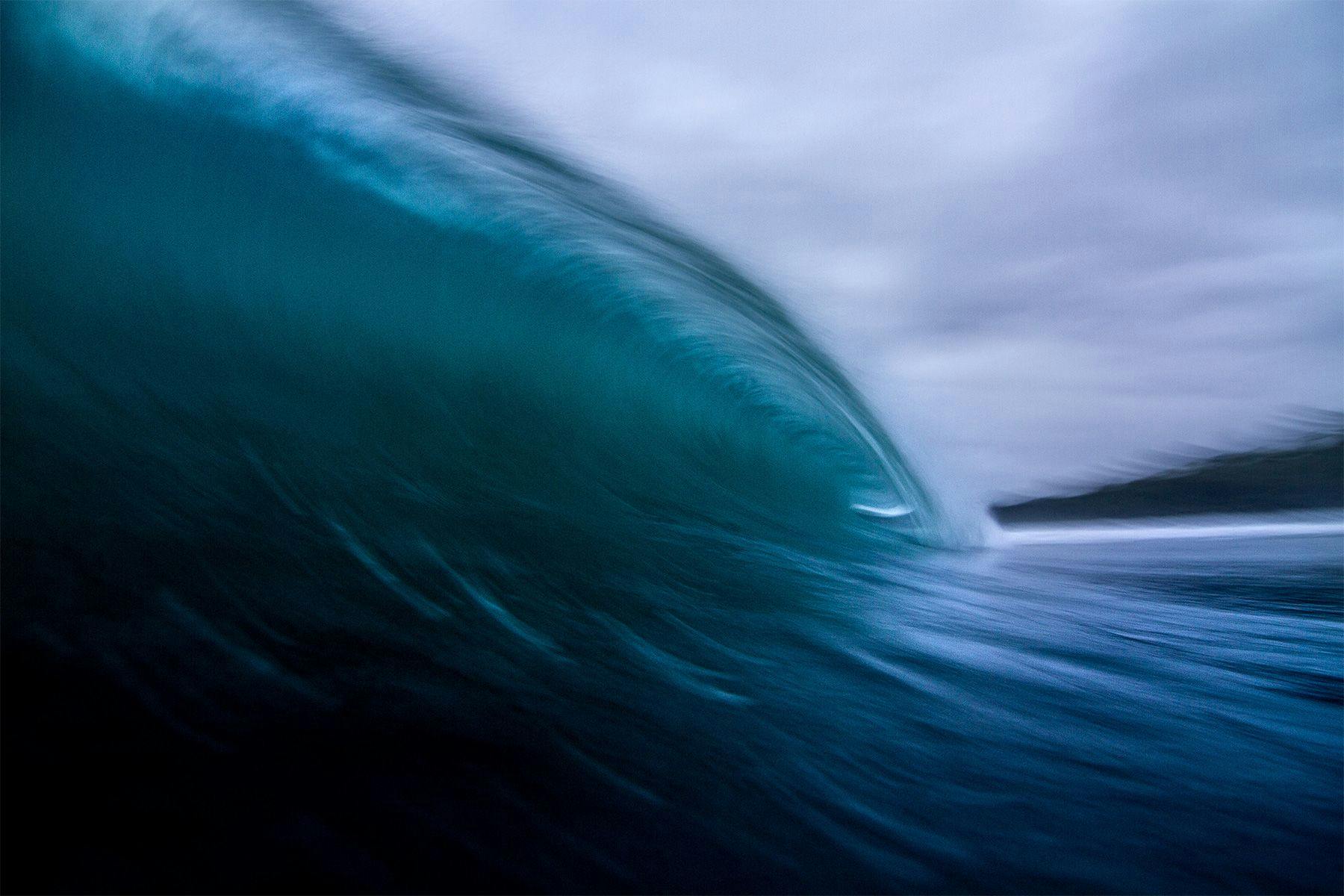
The author and Surf Simply would like to thank Professor Anderson for his time, and Joel Sharpe for allowing us to illustrate this article with his stunning imagery. Take a look at Joel’s website for more of his films and photography, or give him a follow on Instagram.